Top 6 Ways Cultures Have Explained Eclipses
Without a scientific explanation, the Sun's (or Moon's) darkening during an eclipse would be, to put it mildly, a frightening experience. Eclipses have been ... read more...viewed throughout history as a disruption of the natural order, and many people have thought of them as portentous events. In order to make sense of these enigmatic and seemingly random phenomena, many ancient (and not so ancient) peoples devised spiritual interpretations for solar and lunar eclipses. Here are some ways cultures have explained eclipse.
-
There is a long history of eclipse-related mythology and lore in China. Asian nations used astrology and astronomy, like many other cultures, to forecast the future. As a scene from Heaven, the cosmos above were seen as reflecting how a nation should be organized on Earth: as above, so below. In China's Imperial Courts, emperors could only reign with the help of the heavenly universe. Eclipses were seen in Chinese mythology as ominous omens for China's Imperial rulers, who were no longer supported by the "Mandate of Heaven" because they were recognized as conduits between Heaven and Earth. When the "Yin" moon, which represents the Empress, dominated and blocked the "Yang" sun, representing the Emperor, the story of the solar eclipse began. The Emperor's light, or his dominion, was then extinguished.
An unforeseen eclipse would call into question an Emperor's power, which would have agricultural repercussions for the ordinary people. If planting and harvesting dates were incorrect, suffering would result in hunger. We now understand that the Saros cycles, which repeat roughly every 18 years and 11.3 days, are the consequence of the astronomical tracking of the sun, moon, and earth cycles and their alignment. resulting in the creation of a tool for eclipse prediction.The luni solar calendar and almanac system in China has always been very important. In fact, more than any other culture, China is thought to be the guardian of an uninterrupted body of astronomical observations. In China, dated eclipse records first appeared in 719 B.C. However, before the Chinese developed paper, they employed oracle bones to record their extensive mythology. The Chinese word "eclipse" is written as "sh," which shows a dragon consuming the sun or moon.
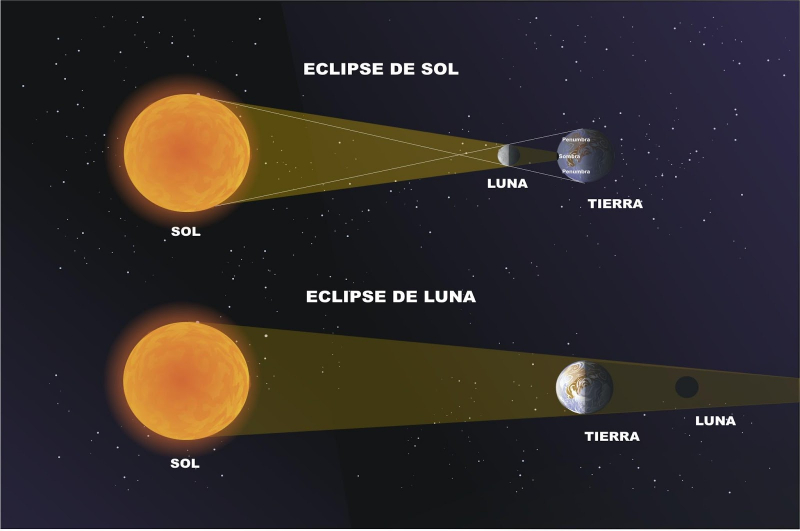
Source: pinterest.com 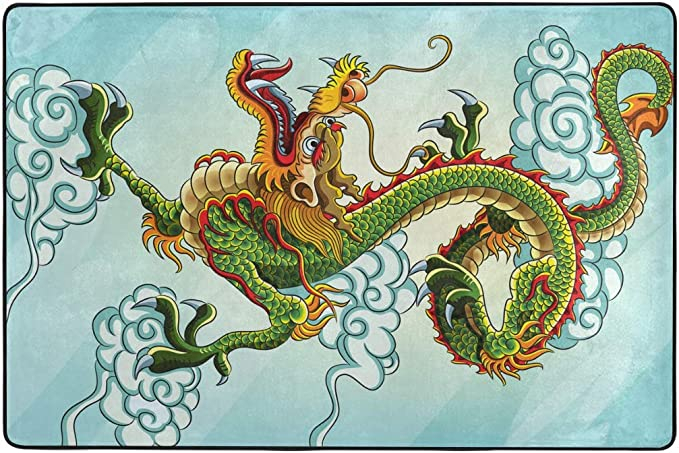
Source: ancient-code.com -
The Vedic India Was Aware of and Well Versus Eclipses. There is a fascinating fact regarding eclipses that can be found in astrology and astronomy, and it seems to make sense in both fields of knowledge. The precious nectar Amrita, which grants the gods immortality, was retrieved from the sea by Lord Vishnu when he created the planets. An envious demon by the name of Rakshasha once desired immortality for himself after learning that this nectar would make the gods immortal. Rakshasha then assumed the form of a god and queued up with the other gods to receive the immortality-granting sacred nectar from Lord Vishnu.
Lord Vishnu identified the demon as the dragon demon Rakshasha after it drank the nectar. He then chopped Rakshasha in half, with the head portion becoming Rahu and the tail portion becoming Ketu. The head of the Moon, Rahu, therefore became its north node, and its tail, Ketu, became its south node. Nodes are the sites where the ecliptic, or the orbit of the Sun, and the orbits of the Earth and Moon cross. The head and tail of the Rakshasha have been the Moon's nodes ever since the day it was divided in two. Both Rahu and Ketu gained significant importance in astrology.
It is commonly known that ancient India, particularly during the Vedic era, had highly developed knowledge in all branches of science and mathematics. All of this knowledge was accumulated over a number of years and compiled by the sage Ved Vyas, who is thought to be the author of the Mahabharata. The lines from Chapter 5 of the Rig Veda are presented here. Hymn 40.5, Contrary to the myth that the sun was swallowed by a demon, a solar eclipse is actually the result of the moon blocking the sun's light from reaching the earth.
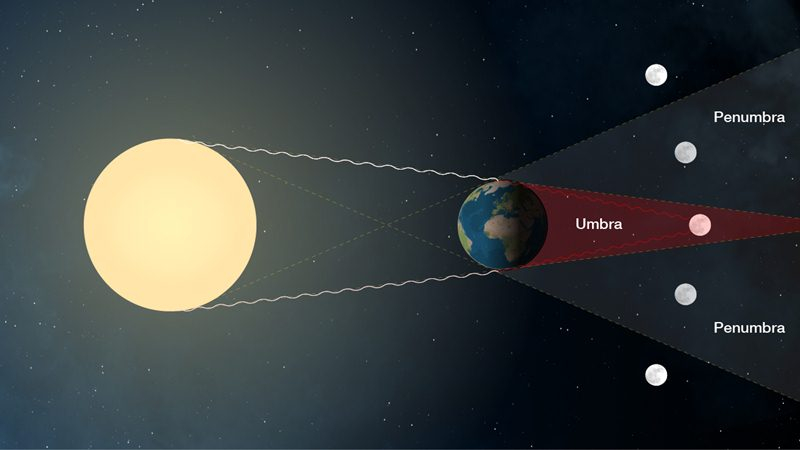
Source: pinterest.com 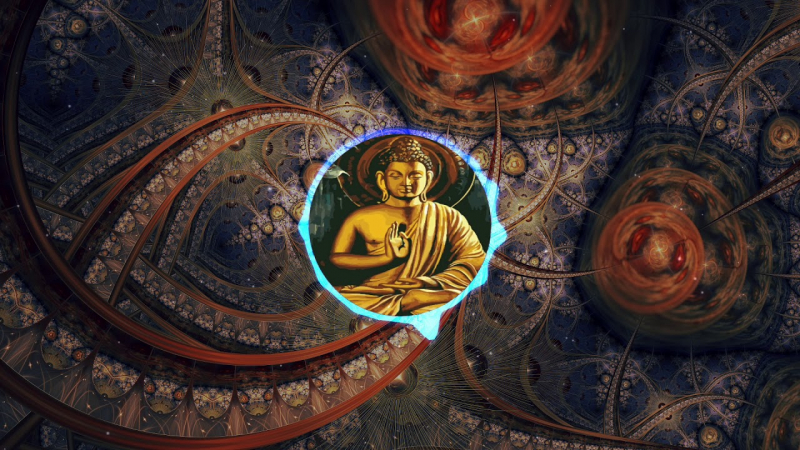
Source: ancient-code.com -
From the early fifteenth century until the Spanish conquest of South America in the fifteenth century, the Incan Empire thrived there. They revered Mama Quilla, a Moon goddess. The Incas thought that a jaguar attacking the deity was what produced lunar eclipses. It was customary for them to make as much noise as they could to attempt and scare away eclipses. In an effort to drive away the jaguar, Incan soldiers would shout, rattle their spears, and train their hounds to howl. They believed the reddish color was caused by the goddess bleeding.
Total solar eclipses were viewed by the Inca people of South America as a dreadful omen from the great sun god Inti. Eclipses were thought to represent Inti's wrath and dissatisfaction in Incan society, and something needed to be done to placate their god. When the Incan chiefs gathered, they would assess what they had done to offend their god and make the appropriate sacrifices. It's possible that human sacrifice was occasionally used. However, less drastic atonement methods like animal sacrifice, fasting, or avoiding public gatherings were more prevalent.
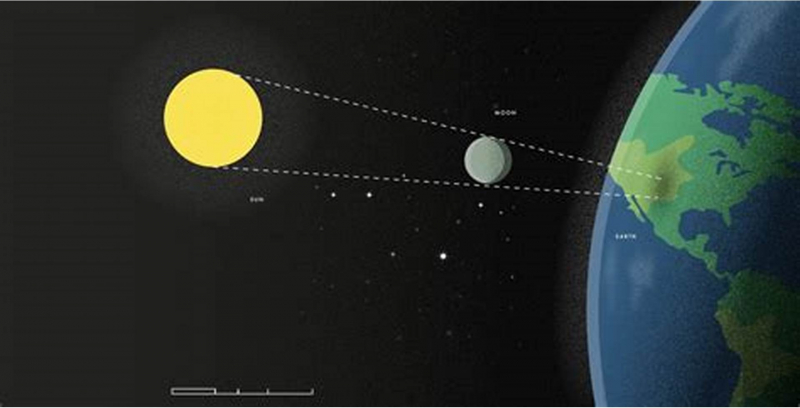
Source: pinterest.com 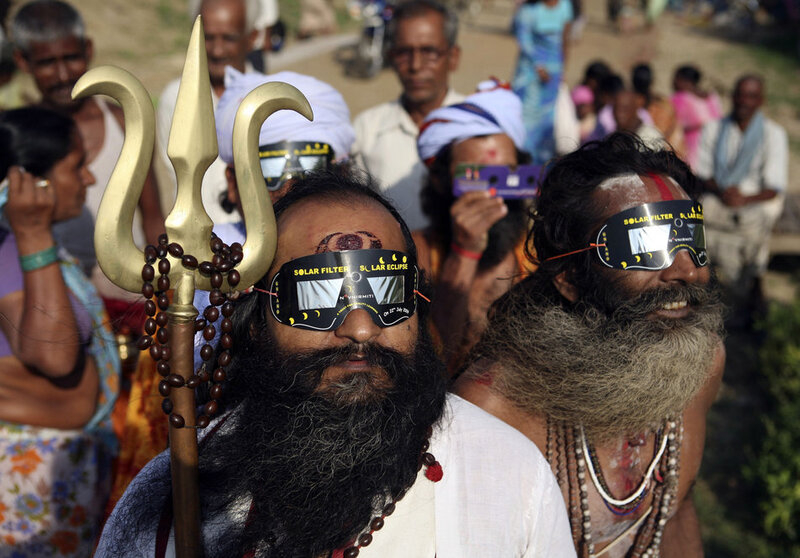
Source: ancient-code.com -
Native Americans were unaware that a solar eclipse occurred when the moon blocked the sun from view. Additionally, they lacked the forewarning and planning that we enjoy today. Before the solar eclipse occurred, it would just be another day like any other to the Native Americans. It's simple to understand how someone who didn't understand what was happening may find this experience to be tremendously terrifying. Native Americans would create their own myths about solar eclipses despite the fact that they didn't completely comprehend them.
In the Choctaw Nation, people connected a cunning black squirrel to the eclipse's darkness. They thought the sun, their source of heat and light, was being attacked by a black squirrel as the dark ring appeared in the sky. Naturally, the Choctaw people were extremely terrified by this. The Native Americans would attempt to frighten the squirrel away, but squirrels are readily spooked by loud noises. The women would wave their arms, shout at the top of their lungs, and ring loud bells. To make as much noise as they could, the kids would bang on pots and pans. The tougher soldiers would stand at attention and shoot their weapons upward at the constantly moving black squirrel. As you could expect, the animals would also be alarmed by all of the ruckus. Horses would stir, dogs would bark, and all manner of disaster would follow. In certain circumstances, the Native Americans may continue their commotion for a few hours due to the eclipse's gradual advancement. The Choctaw people would eventually experience a partial eclipse, and they would rejoice at having scared the ravenous black squirrel away.
Although it is now well known that the Native Americans didn't actually scare away the enormous, black squirrel in the sky, it is believed that the noise scared off every other squirrel in the area. Consider how the Native Americans must have felt as they observed the greedy squirrel attempting to consume the sun on August 21 while you watch the solar eclipse.
Source: pinterest.com 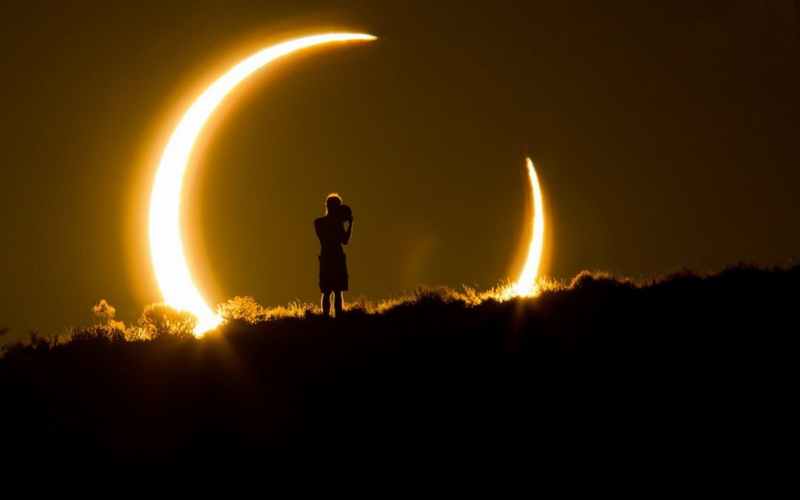
Source: ancient-code.com -
A contemporary culture called the Batammaliba can be found in Togo, north-east Africa. The Batammaliba people, who first arrived between the seventeenth and eighteenth centuries, have grown to include three separate districts: western, southern, and eastern Batammaliba. The phrase "those who are the actual architects of earth" can be translated as "those who are the Batammaliba," which refers to both the civilization and the people. Numerous customs and characteristics of the Batammaliba and their homes support the notion that the homes are seen as members of the family, one that is tied to nature, its occupants, and changes in tandem with the family.
Their myth states that human rage and conflict extended to the Sun and Moon, who then started fighting and brought about an eclipse. In order to persuade the Sun and Moon to quit their fight, the people were prompted by the mythical first moms Puka Puka and Kuiyecoke to show them peace. The Batammaliba people reconcile old grudges and peacefully unite during an eclipse to promote harmony between the heavenly bodies.
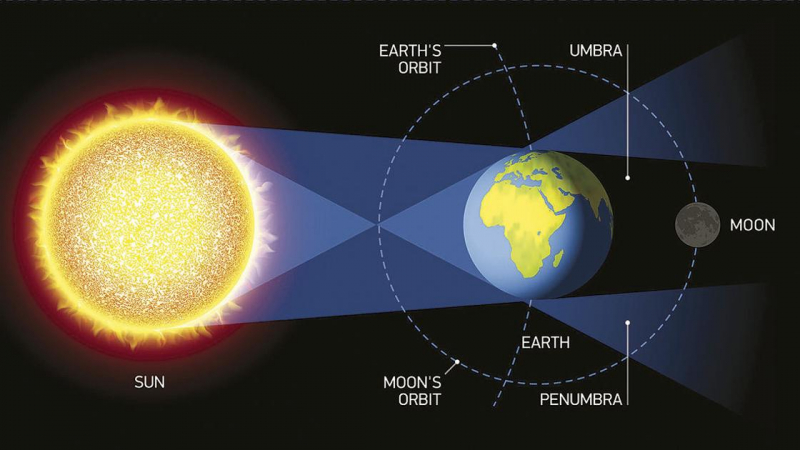
Source: pinterest.com 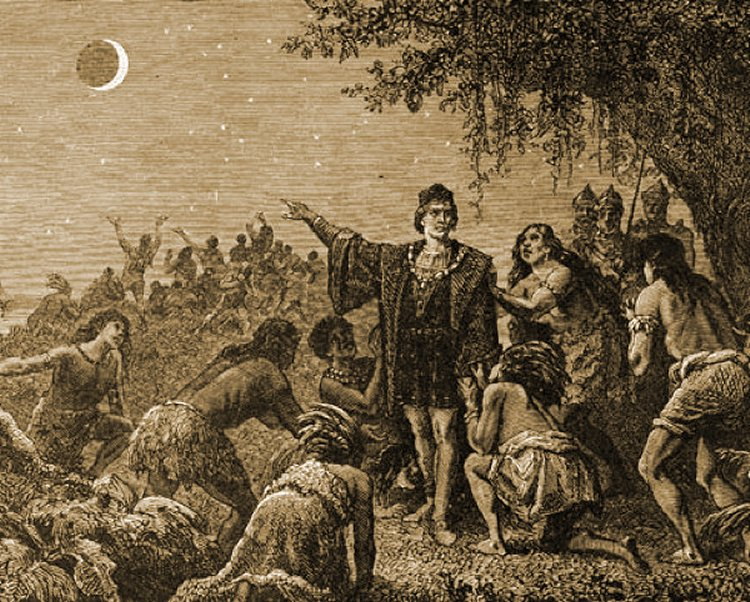
Source: ancient-code.com -
The ancient Egyptians are renowned for their extraordinary astronomical abilities; they are thought to have been the first civilization to develop a solar calendar with 365 days! Additionally, they revered the Sun and its god, Ra. So, it stands to reason that they would have kept thorough records of total solar eclipses.
As it turns out, there aren't many records of the Egyptians' views on eclipses that archaeologists and historians have been able to unearth. While it's possible that these records were simply lost or have not yet been found, another theory contends that the sun-obsessed Egyptians were so terrified by the sun's brief disappearance that they refused to even attempt to track the records out of concern that doing so would end up giving the event more permanence.
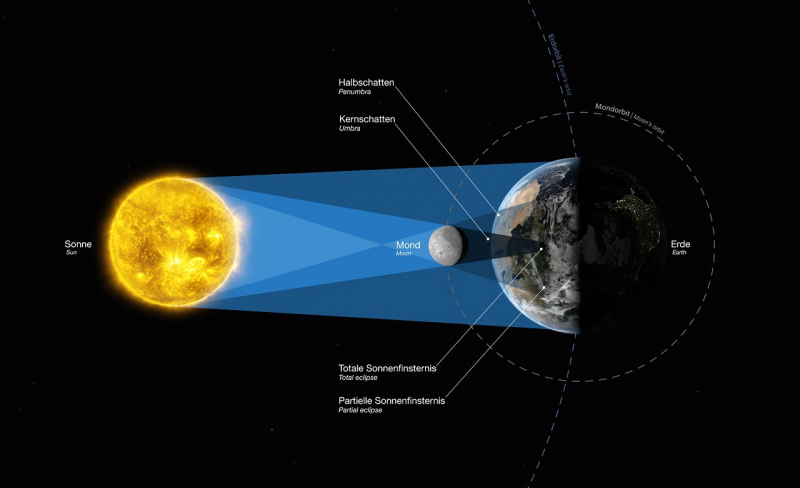
Source: pinterest.com 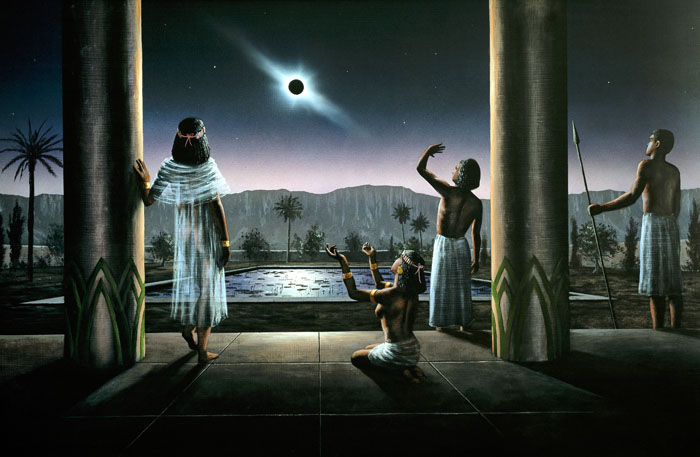
Source: ancient-code.com



























